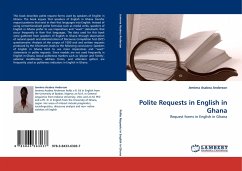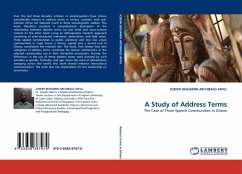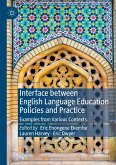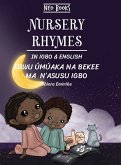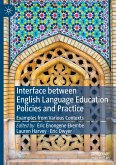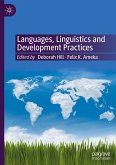This book describes polite request forms used by speakers of English in Ghana. The book argues that speakers of English in Ghana transfer request patterns that exist in their first languages into English. Instead of using conventionalised polite formulae such as modal verbs, speakers of English in Ghana prefer to use imperatives and want statements that occur frequently in their first languages. The data used for this book were gathered from speakers of English in Ghana through observation of natural speech and administration of Discourse Completion Test (DCT) questionnaire. Analysis of the corpus of 1000 oral and written requests produced by the informants leads to the following conclusions: Speakers of English in Ghana tend to use more imperatives and want statements in polite requests. Since modals are not used frequently in English in Ghana, lexical politeness markers such as please' and kindly', external modification, address forms, and attention getters are frequently used as politeness indicators in English in Ghana.
Bitte wählen Sie Ihr Anliegen aus.
Rechnungen
Retourenschein anfordern
Bestellstatus
Storno

